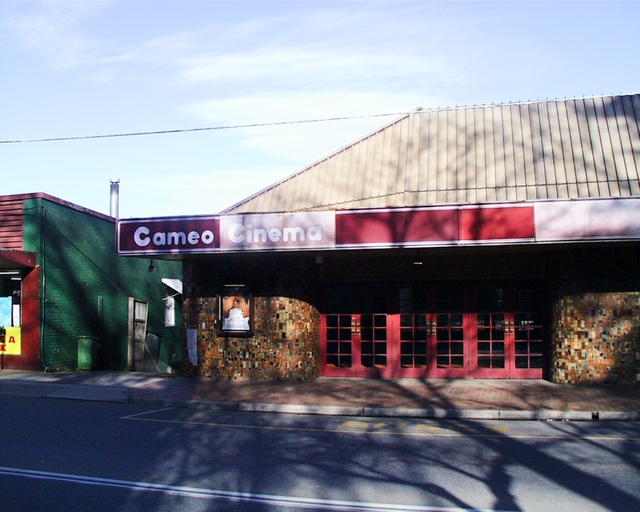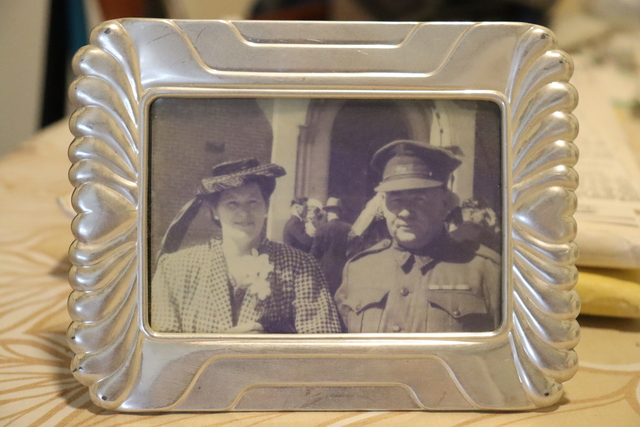By Cam Lucadou-Wells
Success at Dandenong Drug Court has bred a successor – a second, larger drug court in Melbourne’s CBD launched on 30 March.
Now in its 15th year, the drug court unequivocably quells offenders’ re-offending and saves more than $3 million a year in prison costs.
“It’s terrific to have the program expanded,” said departed Dandenong Drug Court magistrate Tony Parsons.
“It’s going to provide a massive boost to community safety and to the recovery of people with these horrible drug addictions.”
Mr Parsons has left to head the newly-opened $32 million Melbourne Drug Court whose 170 participants is more than double the size of Dandenong.
Mr Parsons has been succeeded at Dandenong by magistrate Gerard Bryant.
The Melbourne court will complement but not overlap the south-east catchment of the Dandenong Drug Court.
Mr Parsons said the Dandenong region – with a drug offence rate double the rest of the state – was a “rich field” for the state’s drug-court pilot.
Offenders who completed drug-treatment orders (DTOs) at the court were 34 per cent less likely to reoffend than those jailed for similar offences.
“It’s worth remembering that people on the drug court program would otherwise be in jail,” Mr Parsons said.
The court uses a carrot-and-stick approach – an intensive two-year regime of weekly reporting to a magistrate, twice-weekly drug testing, rehabilitation, as well as housing, vocational and welfare support.
Any breaches on the program carry the risk of spending time in jail.
According to a KPMG report into the court in 2015, the cost of the court’s drug treatment orders is $70 a day per offender, compared to $270 a day for prisoners.
The Dandenong court saves about 14,000 prison-bed days a year – with a saving of more than $3 million annually in prison costs.
The Melbourne version is expected to save another 35,000 prison bed-days and nearly $12 million annually.
That doesn’t count the further “exponential” savings in the health system, policing, social welfare and child-protection, Mr Parsons said.
The Melbourne Drug Court was launched as part of the State Government’s Ice Action Plan to drive down ice use and drug crime.
Mr Parsons said the court’s “sheer intensity in case management” was successful for ice users, who cannot be helped by any known medical therapy.
“I build a relationship with these people. It’s something that they’ve stated has helped them.
“If you provide counselling once a fortnight or once a month, it’s a waste of money and time.”
Attorney General Martin Pakula said the court provides more effective sentencing options for serious drug-related offenders.
“It will help to reduce recidivism by addressing the underlying causes of addiction.”
Opposition attorney general spokesman John Pesutto described the court as a “gifts for criminals” program.
“If addicts who have broken the law need to be bribed with free footy tickets before they’ll comply with their drug treatment orders, they shouldn’t be on the program.”







